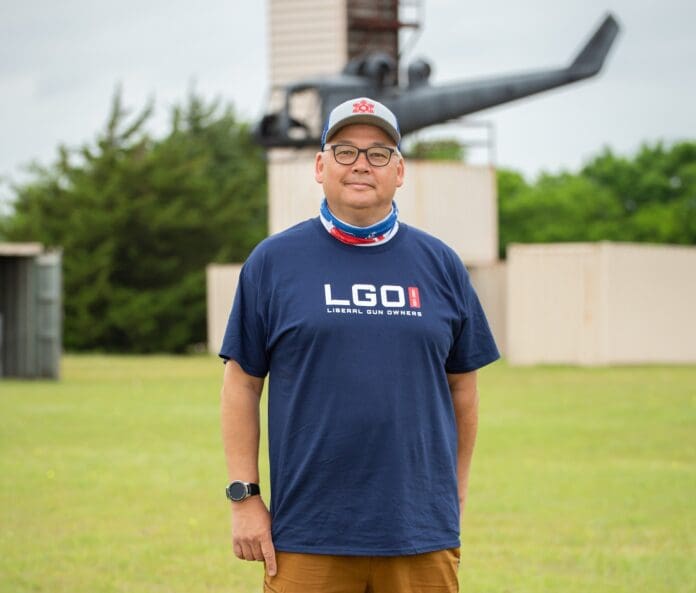
In 2011, David Yamane, a liberal sociology professor from the San Francisco Bay Area, stood at a firing range with a gun in his hand for the first time. That single moment sparked a journey that would take him deep into the heart of America’s gun culture, a world he had never imagined entering. Now, after twelve years of immersive research, Yamane shares his surprising experiences and insights in his new book, “Gun Curious: A Liberal Professor’s Surprising Journey Inside America’s Gun Culture,” set for release on June 1.
Published by Exposit Books, the book chronicles Yamane’s transformation from a gun novice to a gun owner, AR-15 enthusiast, concealed carry permit holder and trained armed citizen. As an Asian American academic with deep liberal roots, Yamane’s journey offers a unique perspective on the gun debate, one that seeks to bridge the divide between gun enthusiasts and skeptics.
“Initially, I was just curious about why nearly 100 million Americans own so many firearms,” Yamane said. “I wanted to understand the culture, the motivations, and the values behind gun ownership.”
One chapter of “Gun Curious” delves into the story of Michael Sodini, founder of Walk the Talk America (WTTA), who also transitioned from an outsider to a significant figure in the gun community. Yamane highlights how Sodini’s leadership of Eagle Imports and his work with WTTA, which aims to connect mental health care with responsible gun ownership, exemplify the potential for finding common ground on contentious issues.
Pre-release copies of “Gun Curious” will be available at the National Rifle Association (NRA) Annual Meetings & Exhibits in Dallas, Texas, this weekend. Yamane will be the lunchtime keynote speaker at the National Firearms Law Seminar on May 17 and will make several appearances throughout the event to discuss and sign his book.
“Gun Curious” is currently available for pre-order on Amazon.
Walk the Talk America, the non-profit organization founded by Sodini, seeks to enhance the perception of mental health among gun owners and elevate the standard of mental health care within this community. The organization uses insights from gun-owning mental health professionals to offer practical solutions, aiming to bridge the gap between two seemingly disparate worlds.
Yamane’s book and his journey reflect a broader narrative about understanding and bridging divides, an endeavor as crucial as it is timely in today’s polarized climate. Whether all gun owners will embrace Yamane’s views remains to be seen, but the book creates an interesting juncture at which people with a shared passion but differing backgrounds can begin to find common ground.
Read the full article here